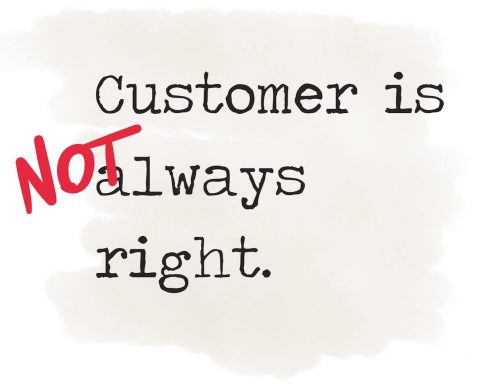Non-essential businesses (basically anything beyond supermarkets and pharmacies) have been forced to shut down temporarily. These closures left business owners, employees in private sector and people in other vulnerable fields scared and uncertain about their future. Cash flow, even in a good economy, is often a struggle for small businesses so now with zero revenue it may be too difficult to survive.
Many businesses may find it difficult to maintain staff even if they manage to remain open. Big companies also face serious challenges, airlines, hotels, cruise ships and manufacturers have significant declines in profit. The International Air Transport Association warns that covid-19 could cost global air carriers between $63 billion and $113 billion in revenue in 2020.
The extent of the damage will depend on how long it will take to contain the virus, the steps authorities take to contain it, and how much governments are going to support businesses in both short and long term. The International Monetary Fund and World Bank announced the availability of $50 billion and $12 billion in financing, respectively, to support low income and emerging middle-income countries.
In Greece, the Ministers of Finance, Development and Labor have also announced measures to assist businesses and employees against the negative effects of the Covid-19 pandemic. Some of these measures include: suspension of taxes and contribution payments to 31 July 2020; employees not working due to closure are eligible for 800 euros starting from April and tax liabilities of March are suspended for 4 months; the same applies to self-employed individuals; an additional € 1.8 billion will be used directly by the special European fund for actions to enhance liquidity, employment and income of employees; banks will be suspending the repayment of interest-bearing business loans at least until September 30.

Organizations and private companies should also provide relief to small businesses by offering financial support and resources needed during and after the coronavirus crisis. In the United States, JP Morgan announced a $50 million donation to help the most vulnerable communities and people recover from the Covid-19 global pandemic.
Eight million will go to small businesses in the US, China and Europe. Verizon is waiving late fees incurred by any small business or residential customers for 2 months. The company will also not terminate service to any customer who are unable to pay their bills due to Covid-19 and is adding an extra 15GB of data to all consumer and small business plans.
The coronavirus has a significant impact on economy and most likely will lead to a global recession. But the faster the virus stops the quicker and stronger the recovery will be.
Crisis also presents opportunities; more companies are likely to begin updating strategies and changing the way they operate. It is not going to be easy but with change comes growth.




